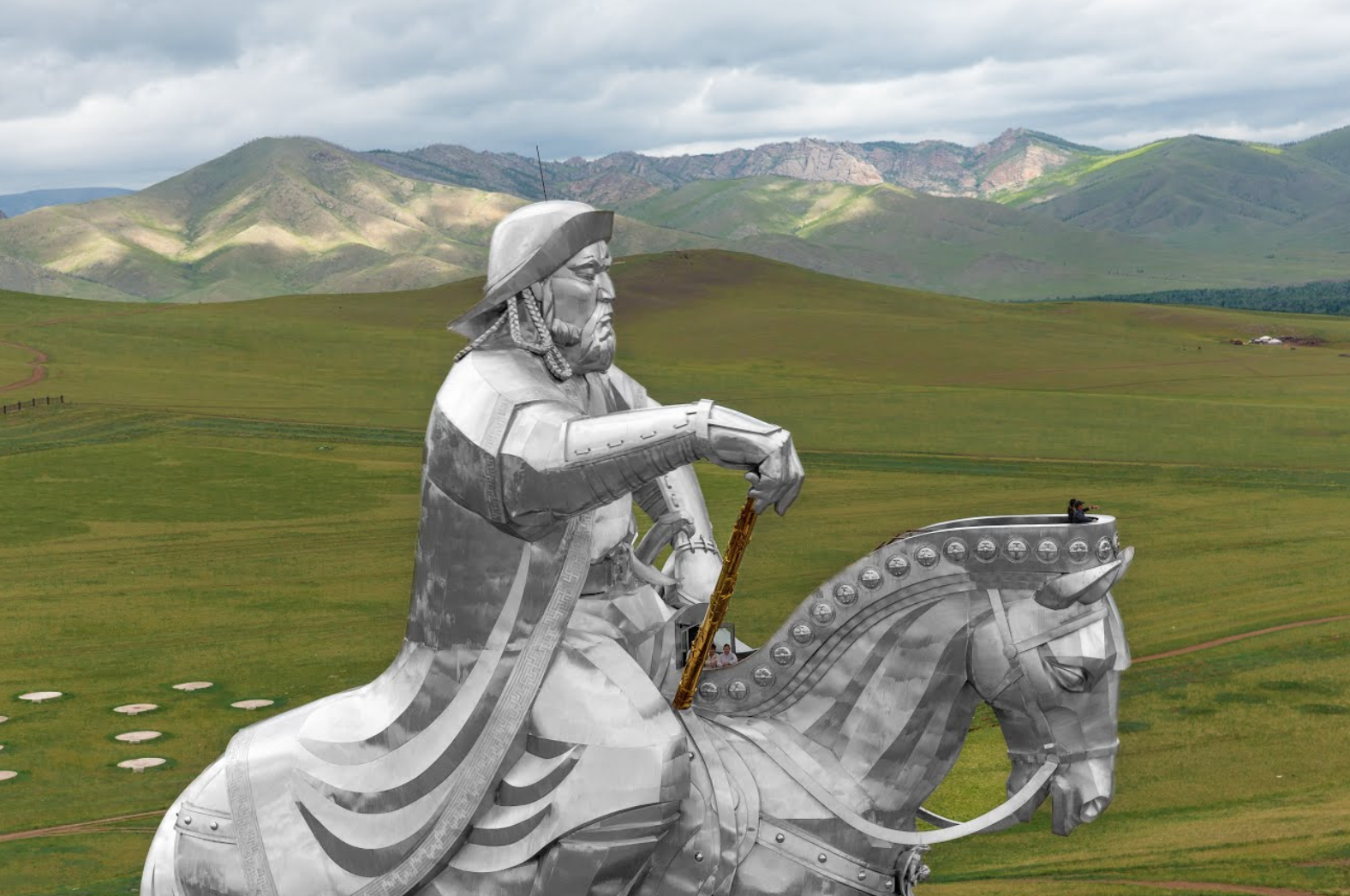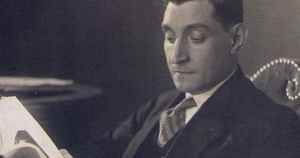Join Harry and Philip as they continue their analysis of dictatorship! This week, we turn to midcentury Portugal to apply the "stationary bandit" theory from our last Bird's Eye.
Was António de Oliveira Salazar, the autocratic ruler of Portugal from 1932 to 1968, an example of the stationary bandit? How well does Olson's theory hold up in a historical study of dictatorship? Listen and find out!
Subscribe to SpectaclesFurther Reading
- "Dictatorship, Democracy, and Development," by Mancur Olson, in The American Political Science Review.
- Property Without Rights, by Michael Albertus.
- The Revolution Within the Revolution, by Nancy Bermeo.
- Development of the Portuguese Economy: A Case of Europeanization, by David Corkill.
- The Portuguese Revolution: State and Class in the Transition to Democracy, by Ronald H. Chilcote.
- "Salazar's Ministerial Elite, 1932-1968," by Paul H. Lewis in The Journal of Politics.
- Salazar: A Political Biography, by Filipe Ribeiro De Meneses.
- Wikipedia pages for António de Oliveira Salazar, Estado Novo (Portugal), and Carnation Revolution.
Table of Contents
00:00 - Intro & Housekeeping
00:32 - The common human longing for enlightened dictatorship
01:41 - Today's subject: Salazar
02:21 - Recap
05:50 - A brief bio of Salazar
09:40 - How was Olson right?
14:40 - What did he miss?
25:41 - The feasibility of autocracy in a globalized world
29:57 - Don't be deceived by the appeals of dictatorship
33:20 - Signing off
Bird’s Eye - The Stationary Bandit Theory
Join the editors for the first episode of our newest series, on dictatorship, democracy, and development!




Comments
Join the conversation